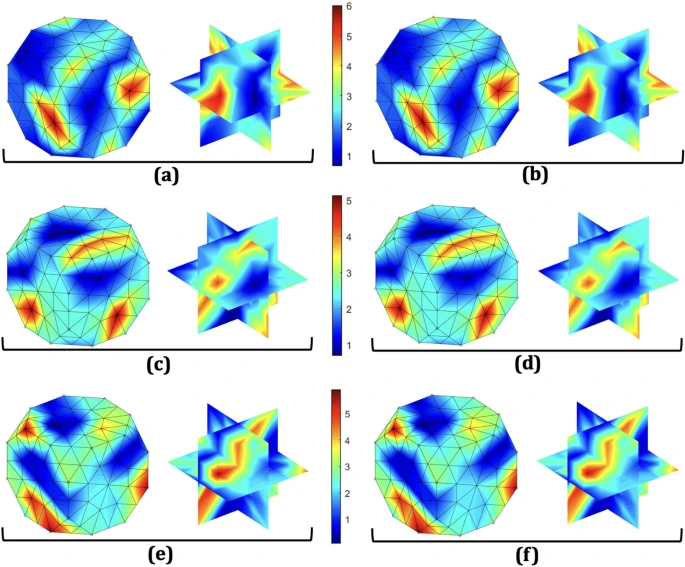AI Framework for Predicting Microstructures: Revolutionizing Materials Science

The field of materials science is witnessing a paradigm shift with the integration of artificial intelligence (AI) in predicting the evolution of microstructures in polycrystalline materials. A recent breakthrough published in Nature Scientific Reports demonstrates a novel AI-driven framework that leverages deep learning to forecast microstructural textures based on processing parameters, achieving unprecedented speed and accuracy.
The AI Revolution in Materials Science
Polycrystalline materials form the backbone of modern industries, from aerospace and automotive to electronics and energy. The microstructure of these materials—essentially the arrangement of their grains and crystallographic orientations—directly influences their mechanical and physical properties. Traditionally, simulating or experimentally determining how processing parameters (like heat treatment, strain rate, or deformation) influence these microstructures has been an arduous and computationally expensive task.
The new AI framework, designed by researchers from Northwestern University and Virginia Tech, employs an encoder-decoder architecture with Long Short-Term Memory (LSTM) layers. This approach models the complex relationship between processing conditions and the resulting orientation distribution functions (ODFs), which describe the statistical distribution of crystal orientations within a material. As a result, the AI predicts microstructural evolution with impressive precision and minimal computational cost.
Why This Matters
In the study, copper—a metal critical to electronics and energy systems—was used as a case study. By generating a dataset of over 3,000 unique processing parameter combinations, the AI was trained to predict changes in microstructures and their resulting mechanical properties. The results showed error rates as low as 0.3%, drastically outperforming traditional simulation methods, and reducing computation time from minutes to milliseconds.
This innovation means that engineers and materials scientists can now explore a broader design space, optimizing materials for specific applications in record time. The applications extend from lightweight, high-strength alloys for aerospace to efficient thermal conductors for next-generation electronics.
Looking Ahead: Towards Smarter Materials Design
The proposed AI framework not only predicts microstructures but also enables the calculation of homogenized material properties. This dual capability bridges the gap between material processing and performance, paving the way for autonomous materials design systems that can suggest optimal manufacturing parameters for desired properties.
While the current work focuses on copper, the researchers aim to extend their framework to other metals and alloys, including aluminum and titanium. Such advancements could usher in an era where the design of complex materials is fully driven by AI, accelerating innovation across all technology sectors.
The Bigger Picture: AI and the Fourth Paradigm of Science
This work exemplifies how AI is becoming the "fourth paradigm" of science, complementing theory, experiment, and computation. By learning from vast datasets and discovering patterns that elude traditional models, AI promises to redefine the speed and scale at which we innovate in materials science.
For more details, you can access the full research article here: An AI Framework for Time Series Microstructure Prediction.
Related Topics in AI and Materials Science
- Machine learning in crystal plasticity simulations
- AI-driven optimization for additive manufacturing
- Generative models for inverse materials design
Sponsored by PWmat (Lonxun Quantum) – a leading developer of GPU-accelerated materials simulation software for cutting-edge quantum, energy, and semiconductor research. Learn more about our solutions at: https://www.pwmat.com/en
📘 Download our latest company brochure to explore our software features, capabilities, and success stories: PWmat PDF Brochure
📞 Phone: +86 400-618-6006
📧 Email: support@pwmat.com
#ArtificialIntelligence #MaterialsScience #MicrostructurePrediction #MachineLearning #PolycrystallineMaterials #QuantumServerNetworks

Comments
Post a Comment